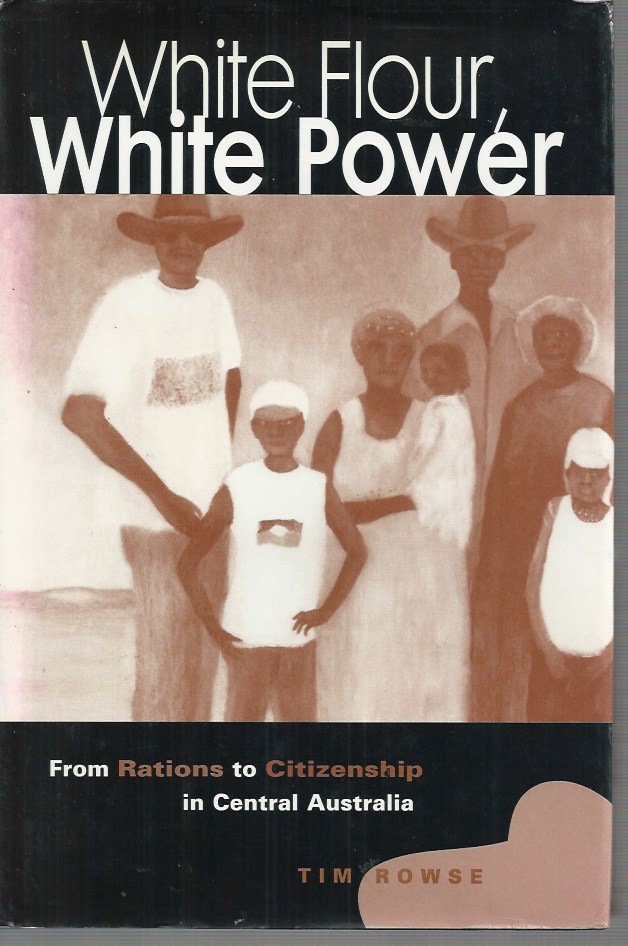AUSTRALIANA ABORIGINAL
The colonial practice of rationing goods to Aboriginal people has been neglected in the study of Australian frontiers. This book argues that much of the colonial experience in Central Australia can be understood by seeing rationing as a fundamental, though flexible, instrument of colonial government. Rationing was the material basis for a variety of colonial ventures: scientific, evangelical, pastoral and the post-war program of ‘assimilation’. Combining history and anthropology in a cultural study of rationing, this book develops a new narrative of the colonisation of Central Australia. Contents 1. Rationing the inexplicable 2. Rationed actors 3. Rural central Australia, 1914-40 4. Town, cash and supervision 5. ‘A christian cannot be a parasite’ 6. The world war in town and hinterland 7. ‘Assimilation’ 8. The crisis of managed consumption 9. Settlements and families 10. Alice Springs and its town camps.
Two arguments underpin this story: that the colonists were puzzled by the motives of the Indigenous recipients; and that they were highly inventive in the meanings and moral foundations they ascribed to the rationing relationship. This study goes to the heart of contemporary reflections on the nature of Indigenous ‘citizenship’.
xiii, 255 p. : maps ; 24 cm. Bibliography : p. 241-247. #200523 First Edition. Signed by Author (inscription)
